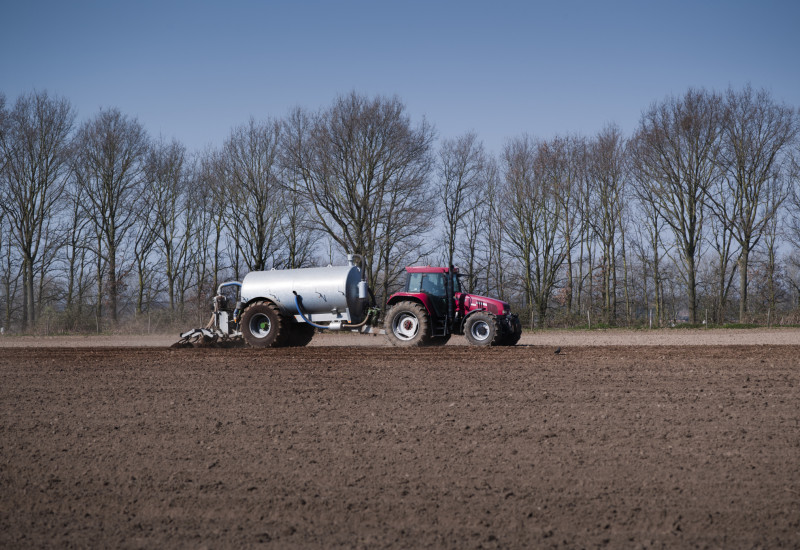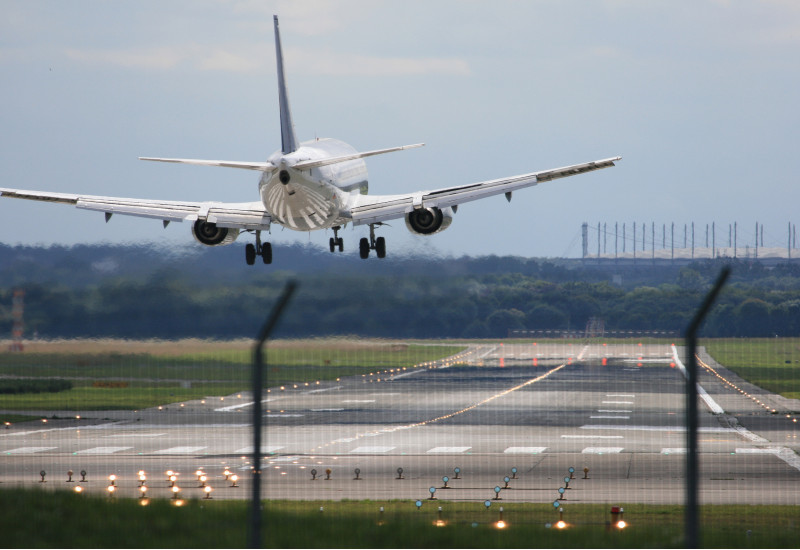The 2020 data for nitrogen dioxide (NO₂) are available for all air monitoring stations in Germany. Six cities exceeded the air quality limit of 40 micrograms NO₂ per cubic metre of air (µg/m³) as an annual average. read more

 Umweltbundesamt
Umweltbundesamt


The 2020 data for nitrogen dioxide (NO₂) are available for all air monitoring stations in Germany. Six cities exceeded the air quality limit of 40 micrograms NO₂ per cubic metre of air (µg/m³) as an annual average. read more
Sulphur dioxide is a colourless, water soluble gas with a pungent smell. It is produced from combustion of fossil fuels, for example coal and oil. read more
The main sources of the air pollutant nitrogen dioxide are combustion processes in the industrial and energy production sectors, and road transport. Nitrogen dioxide affects the respiratory mucous membrane and influences the respiratory function. read more

The "Environmental Monitor" for 2020 from the German Environment Agency (UBA) draws a mixed picture of the condition of the environment in Germany. While there have been recent improvements in air quality or greenhouse gases, other indicators fare poorly. read more

Airborne ultrafine particles can be harmful to human health. A study by the German Environment Agency (UBA) at Frankfurt Airport has demonstrated that ultrafine particle (UFP) load in the vicinity of airports can be significantly elevated. Engine emissions are shown to be the major cause, contributing 90 per cent of total load. read more

Measured concentrations of nitrogen dioxide (NO2) in 2020 exceeded the annual mean limit of 40 µg/m³ of air at only about 3 to 4 percent of measuring stations located near road traffic, compared to 21 percent in 2019. Nitrogen dioxide pollution overall continues to decline throughout Germany. read more

Particulate matter pollution in the early hours of New Year's Day is usually at some of the highest levels of the whole year, especially in metropolitan areas and cities – due to New Year's fireworks and emissions of particulate matter. It was previously assumed that 4,500 tonnes of particulate matter emitted by fireworks are to blame for the poor air quality. read more

The German Environment Agency (UBA) has drafted some helpful guidance for the Standing Conference of the Ministers of Education and Cultural Affairs of the Länder in Germany (KMK) on proper airing practices in schools. The handbook reflects the UBA experts' recommendations on indoor air hygiene and how proper ventilation in schools can reduce the risk of infection with the novel coronavirus. read more